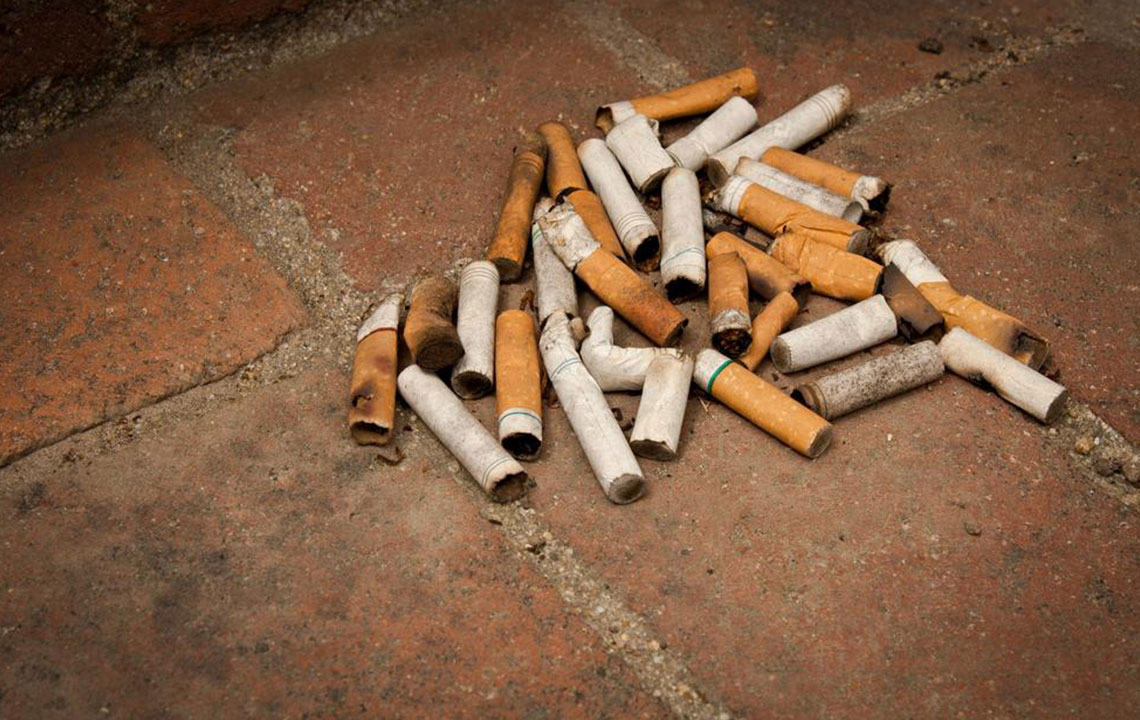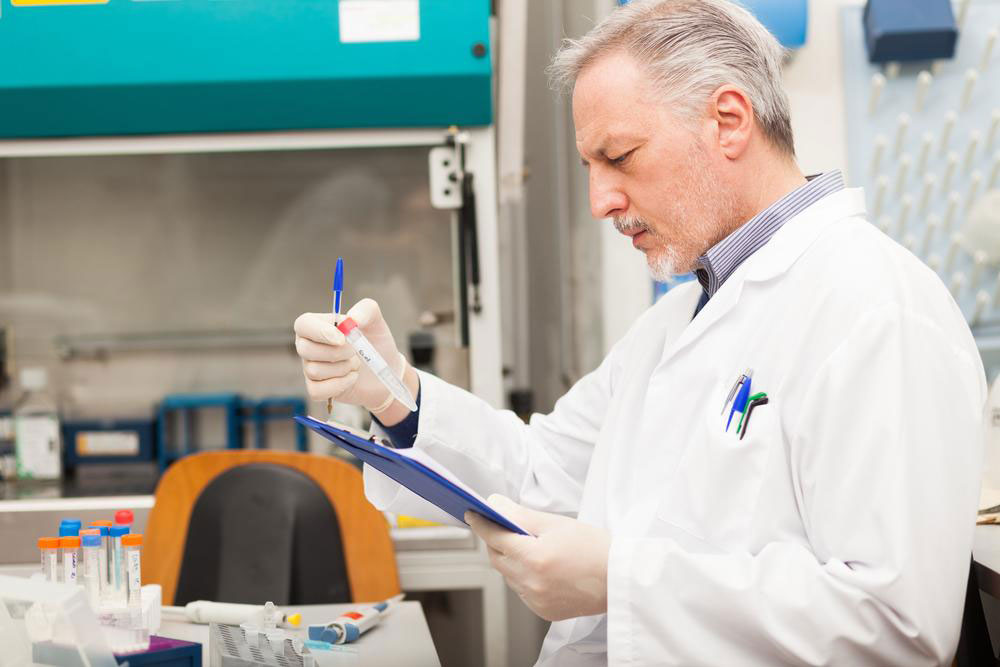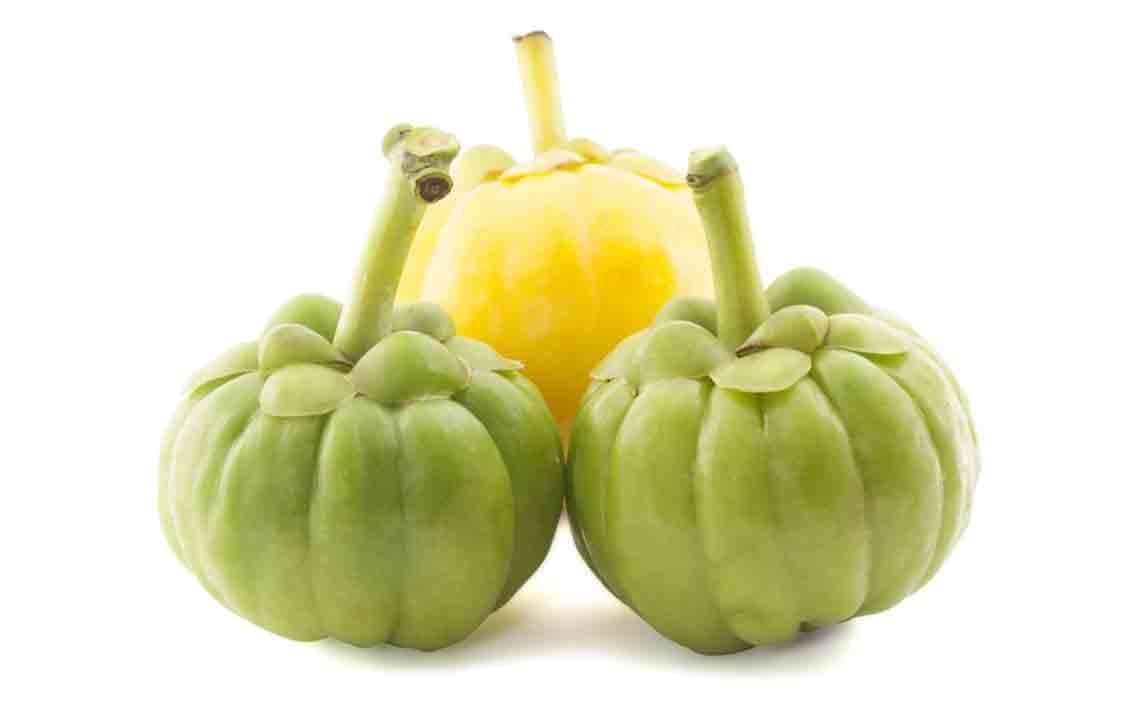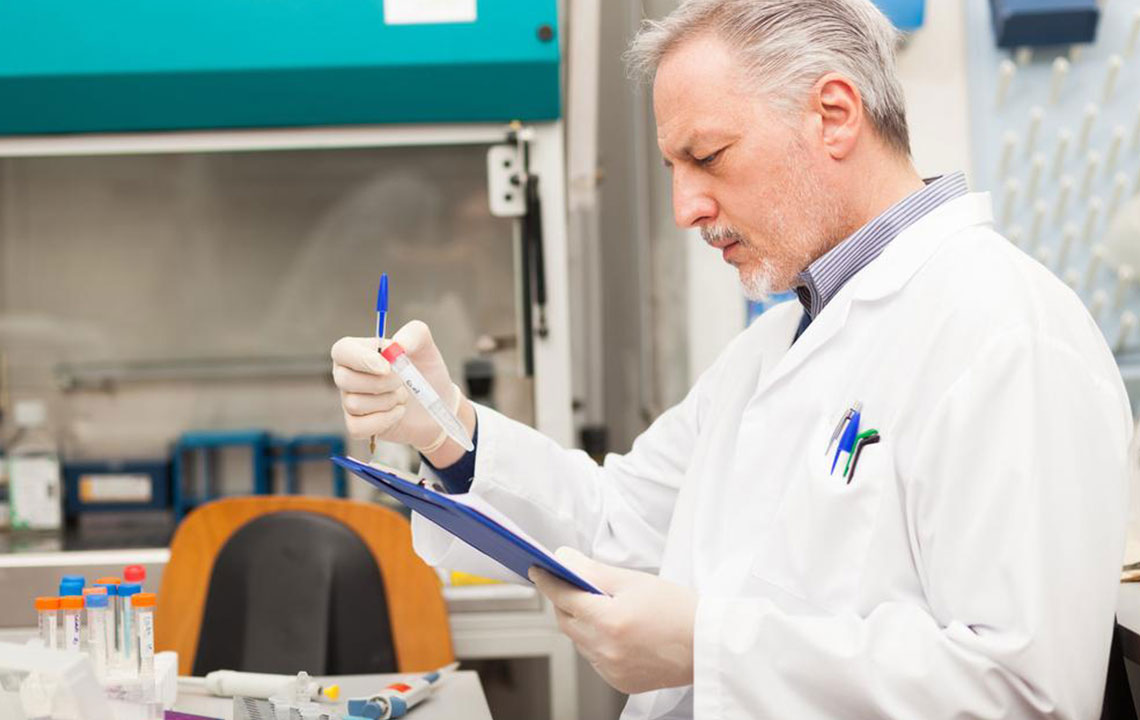Uncovering Unexpected Unhealthy Habits and Addictions That Impact Your Well-being
This comprehensive article explores five surprising unhealthy habits and addictions, including coffee enemas, excessive tanning, inedible substance consumption, nasal spray dependence, and smartphone addiction. It highlights the health risks associated with these behaviors and offers insights into recognition and prevention. Understanding these habits is essential for maintaining overall health and avoiding long-term health complications in a society where such tendencies are growing more common.

Uncovering Unexpected Unhealthy Habits and Addictions That Impact Your Well-being
In today's fast-paced world, many individuals develop habits and behaviors that, while seemingly harmless or even pleasurable at first glance, can escalate into serious health concerns over time. These compulsive activities, often classified as addictions, involve a compelling urge to perform certain acts or consume particular substances. The brain's response to stimuli plays a significant role in reinforcing these behaviors, making it challenging for individuals to break free. While some indulge in these behaviors for temporary satisfaction, others find themselves caught in dependencies that gradually degrade their health and quality of life.
Understanding these unusual yet increasingly common habits is crucial for recognizing potential risks and seeking appropriate medical or behavioral interventions. From seemingly mundane routines like coffee consumption to more bizarre behaviors like ingesting inedible substances, the spectrum of these habits is broad. In this comprehensive article, we explore five surprising unhealthy habits and addictions that are gaining prevalence and discuss their potential health implications in depth.
Coffee Enemas: The Hidden Risks Behind a Coffee Craze
While many people enjoy a daily cup of coffee to kickstart their morning, some take their caffeine obsession further by performing coffee enemas. This practice involves inserting brewed coffee into the rectum with the aim of detoxifying the colon or enhancing digestion. Although proponents claim benefits such as improved bowel movements and cleansing effects, medical professionals warn about the inherent dangers. Coffee enemas can disrupt electrolyte balance, cause rectal burns, or introduce bacteria into the bloodstream. Additionally, habitual use may lead to dependence on the stimulant effects of caffeine through this method, increasing health risks over time. Despite some alternative health circles endorsing this practice, it remains controversial and potentially hazardous if not supervised professionally.
Sunbathing and Tanning: The Allure of the Sun with Hidden Dangers
Sunbathing and tanning are popular leisure activities enjoyed by millions worldwide, driven by the natural release of endorphins during UV exposure, which induce feelings of happiness and relaxation. However, there's a darker side to this habit. Excessive tanning, whether outdoors or via tanning beds, can cause severe skin damage, premature aging, burns, and significantly increases the risk of skin cancers such as melanoma. Some individuals develop a psychological dependence on the tanning experience, seeking the pleasurable sensation despite knowing the health risks involved. This dependency can foster risky behaviors, including prolonged exposure without protection, further damaging the skin and compromising long-term health. Experts advise moderation and protective measures like sunscreen to mitigate these dangers.
Consuming Inedible Substances (Pica): The Dangerous Craving for Non-Food Items
Pica is a psychological disorder characterized by persistent craving and consumption of non-nutritive, inedible substances such as dirt, chalk, paint chips, soap, or even urine. This condition can be particularly dangerous due to risks of infections, poisoning, intestinal blockages, or mineral deficiencies that arise from ingesting harmful materials. Pica often correlates with nutritional deficiencies or mental health disorders and requires targeted medical intervention. People affected by pica may find themselves unable to resist these cravings, which can cause rapid deterioration in health if left untreated. Proper diagnosis and treatment, including nutritional support and counseling, are crucial to overcoming this dangerous habit.
Nasal Spray Addiction: The Hidden Cycle of Rebound Congestion
Many individuals rely on saline nasal sprays to relieve congestion caused by allergies, colds, or sinus issues. However, frequent overuse—especially multiple times daily—can lead to a dependency characterized by rebound congestion, where nasal passages become more inflamed when the spray is not used, prompting continued use. This creates a vicious cycle where sufferers feel unable to breathe comfortably without the spray. Despite being generally considered safe for short-term use, chronic overuse can damage nasal tissues, impair mucous membrane function, and complicate respiratory health. Medical professionals recommend limiting usage and exploring alternative remedies to avoid dependency.
Smartphone and Social Media Dependency: The Modern Digital Addiction
In the digital age, smartphones and social media have become integral to daily life. Yet, overusage can evolve into addiction, leading to a host of mental health and social problems. Constant checking, scrolling, and notifications foster compulsive behavior that can cause anxiety, depression, sleep disturbances, and social disconnection. Individuals affected may neglect face-to-face interactions, prioritize virtual responses over real-world engagement, and experience heightened stress when deprived of their devices. Recognizing these signs and establishing healthy boundaries with technology are essential for maintaining mental well-being. Experts recommend setting specific usage limits, taking regular breaks, and engaging in offline activities to reduce reliance on digital devices.
By understanding these five surprising unhealthy habits and addictions, individuals can better identify risky behaviors in themselves or others. Awareness is the first step towards reducing health hazards associated with these behaviors, seeking medical or behavioral support when necessary, and cultivating healthier routines. Maintaining a balanced lifestyle that respects physical and mental health is vital in today’s increasingly complex society, where such habits can emerge subtly but carry profound long-term consequences.





